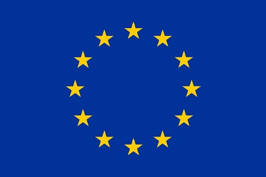Objectives: The focal point of this thesis is social media representations of older people generated by non-individual actors, including local authorities and media companies. It thus excludes the social media representations of older people generated by individuals. This thesis aims to increase our knowledge of social media representations of older people and improve our understanding of ageism in the media. The knowledge obtained from this research can be used to inform policy and practice in terms of mitigating ageism in the media. The overall objective of this thesis is to examine social media representations of older people generated by local authorities and media companies, with a particular focus on exploring how older people are represented and how social media content about older people is produced.
Results:The research has provided a depiction of social media representations of older people in the given contexts (including local-authority-managed Facebook pages, an online video platform and a microblogging platform), which has served to problematize the stereotypical third-age representation of older people (including those in supportive care). The results reveal the complexity and nuance in the representation process and the meanings generated by the representations of older people in social media. More specifically, the findings illuminate three ways in which the social media representations of older people lead to ageism: (1) the stereotyping of older people through signifying practice; (2) the generation and negotiation of meaning concerning older people and later life among social actors with different power relations; and (3) the use of both formal and informal rules of social media in the context of social media logic permeating into other institutions. A synthesis of the findings indicates a process of establishing the stereotypical third-age representation as a convention for social media, which can be seen as institutional ageism.
Secondment(s)(Months), co-Supervisors: UNESCAP (4m), Dr. Sabine Henning; UT (4.5m), Dr. Pirjo Nikander: During the first secondment, ESR 10 aimed to (1) develop practical skills in policy and strategic communication fields, (2) apply scientific outcomes into the production of public information at international organizations, as well as (3) help with bringing EuroAgeism and European research to a global level. During the second secondment, ESR 10 aimed to improve his scientific knowledge and research skills in media and communication sciences and develop “ageism in media” theoretically with the supports from media and communication researchers at Tampere University.











